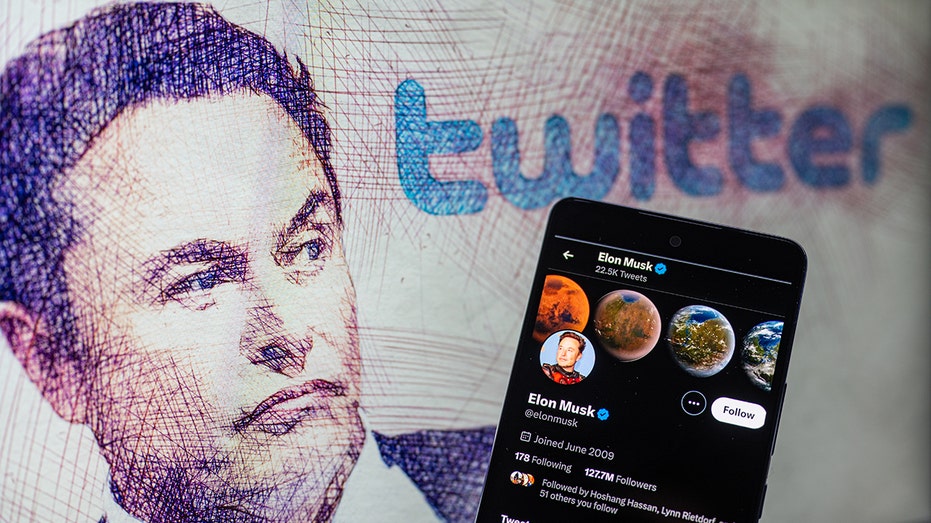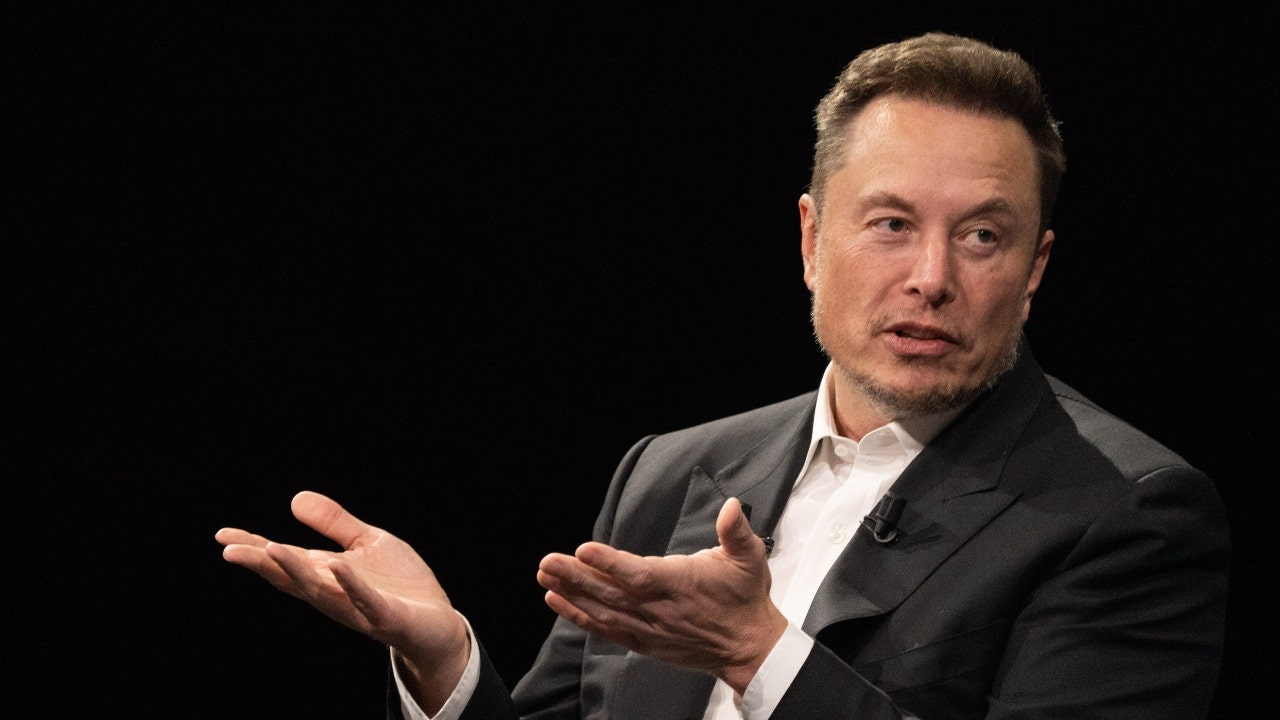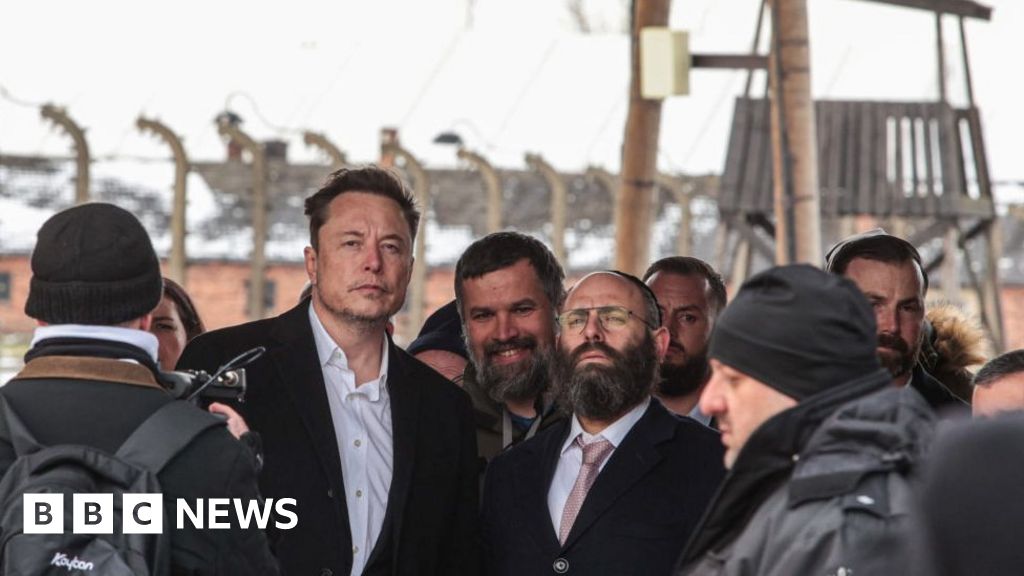
Elon Musk, the CEO of SpaceX and Tesla, has been criticized for his recent visit to Auschwitz. The site is a former Nazi concentration camp where over 1 million people were murdered during World War II. Many have accused Musk of using this trip as an opportunity to promote himself as “aspirationally Jewish”, despite not being Jewish and having been criticized for his anti-Semitic views in the past.




